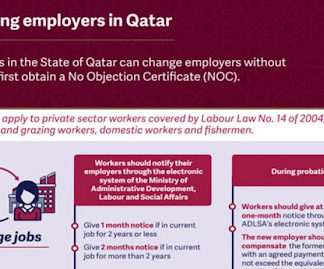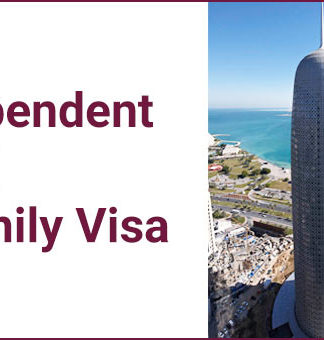EU Policy. MEPs approve measures to tackle impersonation scams
MEPs want to make payments safer and cheaper
By Jack Schickler
Published on 14/02/2024 – 13:13•Updated 13:16
Share this article
Comments
New EU rules aim for easier access to cash with fairer charges, Poland’s Marek Belka said.
A draft of new EU regulations on payment services was approved by lawmakers on Wednesday (14 February), in a move promising to make transactions cheaper, safer and more unified across the bloc.
The cross-party plans ensure cash machine users are informed about fees, and make social media companies responsible for tackling “hi mum!” impersonation scams, Marek Belka (Poland, Socialists and Democrats) told reporters.
“The main objective of this dossier is to make payments more user friendly – also for old people like myself – cheaper and safer”, Belka, who is 72, said ahead of the vote.
“If the Facebooks of the world make money on posting ads … they should take responsibility if those ad accounts are fraudulent,” Belka said of efforts to tackle spoofing scams in which a fraudster pretends to be a bank, government agency or relative before asking for a spurious payment.
“We don’t want them to spy on everyone; we want them to react to information when they get some,” Belka said.
The measures were approved by 39 votes to one against at a meeting of the European Parliament Economic and Monetary Affairs Committee (ECON), with three abstentions.
The plans also allow shops to offer cashback up to €100 without them having to register as a payment provider, doubling a threshold suggested by the European Commission in June of last year in a response to dwindling numbers of cash machines on the high street.
“We wanted to finish it to show that ECON can do something directly for the people,” Belka said of committee’s determination to close the file before June elections.
Populists
“All those Orbáns, Kaczyńskis, Le Pens, Wilders – they accuse the European Union and European institutions of being detached from reality,” he added, referring to populist politicians in Hungary, Poland, France and the Netherlands. “We are clearly in the middle of where the action is.”
The right-wing European Conservatives and Reformists (ECR) party, to which Poland’s Jarosław Kaczyński belongs, abstained, citing concerns that banks could become liable for scams over which they have no control.
The proposed changes “could lead to unintended consequences in the payment system, cause moral hazard, and even assist fraudsters and harm consumers, since it may lead to more fraud,” Eugen Jurzyca (Slovakia, ECR) told Euronews in an emailed statement.
Tech lobbyists were also quick to denounce a deal which they see as letting lenders escape their obligations.
“Banks want to pass the buck and abandon their responsibility, dumping it on the very innovative players who already lead the fight against online fraud,” the Computer & Communications Industry Associations Senior Policy Manager in Europe, Boniface de Champris, said in an emailed statement.
Cash
The vote came just after early talks on new laws to safeguard access to cash alongside the rising predominance of digital and card payments and alternatives like bitcoin.
“We want cash, we want to stick with cash,” lead lawmaker Stefan Berger (Germany, European People’s Party) told the Committee. “We want to ensure that we don’t move solely to another type of payment possibility.”
Lawmakers seek to limit spoofing scams
To pass into law, the payment regulation plans must also be agreed with the EU Council, representing member states – and Belka was keen to elicit their support.
“Nobody’s really hurt by this as a country: this is not anti-French or pro-Spain or whatever,” Belka said. “I cannot see how the individual banking systems of individual countries are benefiting or handicapped at the expense of others.”
“The common market will function a little bit better because of a more secure payment system,” Belka said – though he was clearly losing patience with those he sees as dragging their feet on digital change.
“We still love German cars, but not German banks,” he said.
CORRECTION (14 Feb, 13:15 UTC): corrects Jurzyca’s home country.






























